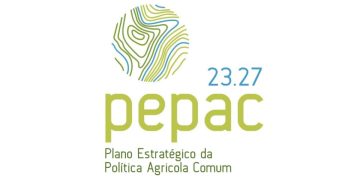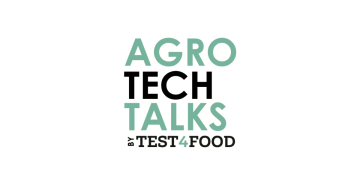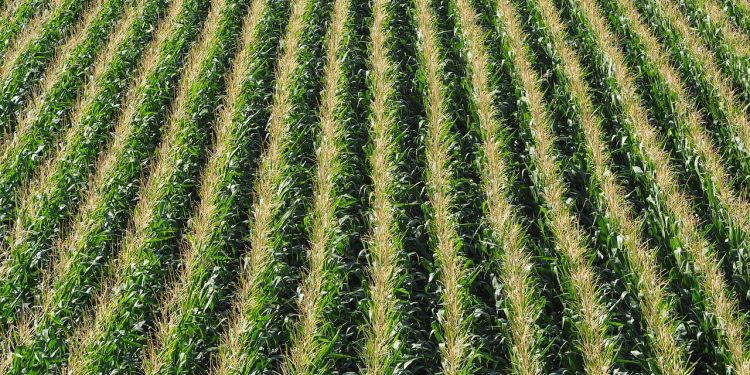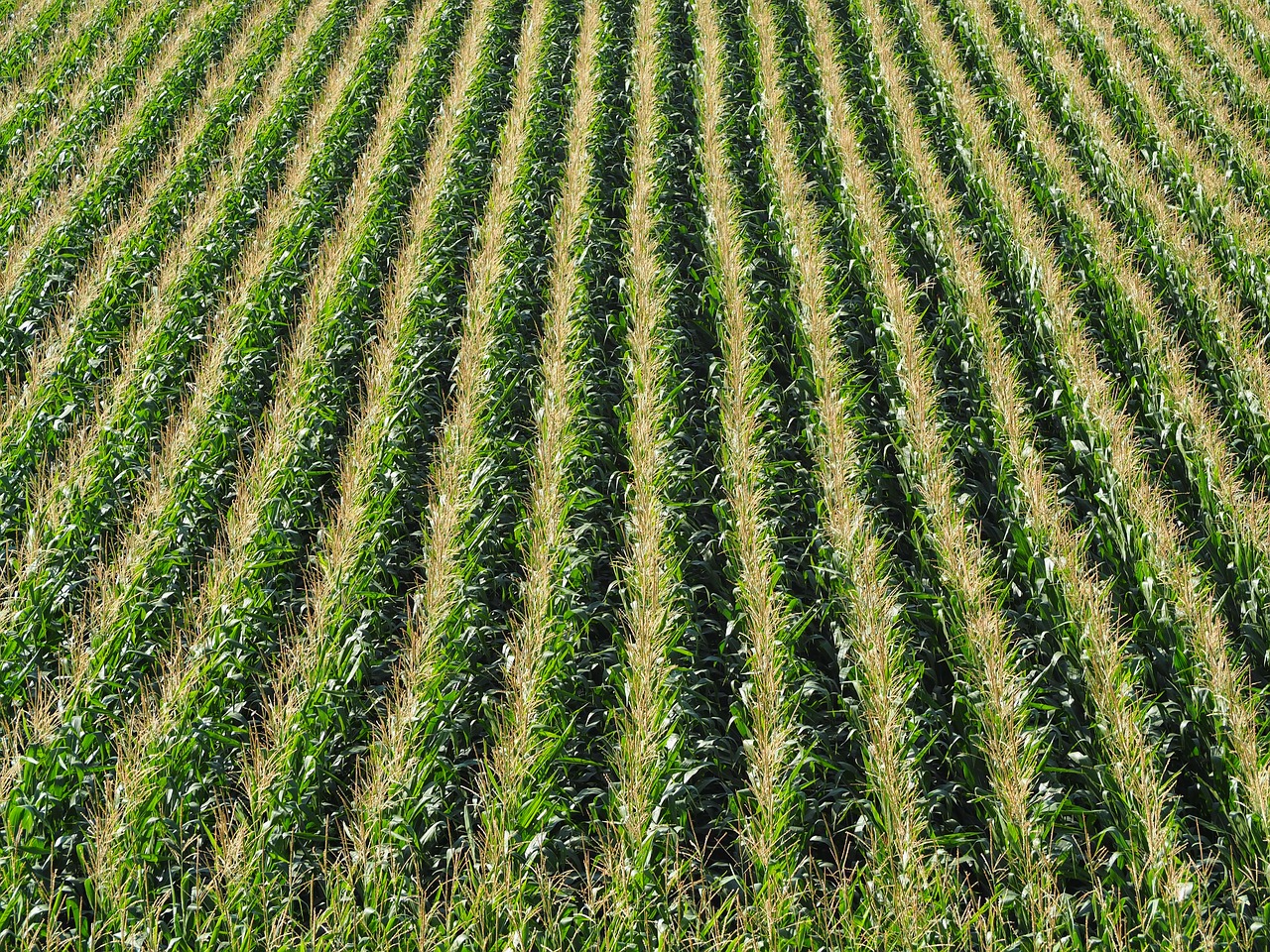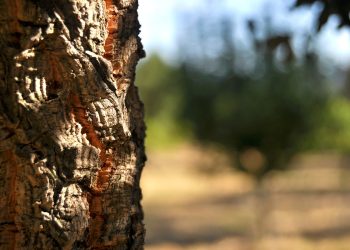Though Europe has long rejected genetically modified (GM) crops, a new study suggests their adoption could significantly boost yields and slash climate-warming greenhouse gas (GHG) emissions.
Wider adoption of the already-existing GM crops in the European Union could result in a reduction equivalent to 7.5 percent of the total agricultural GHG emissions of Europe, researchers observe in a new paper published in Trends in Plant Science.
The research, conducted by the University of Bonn in Germany and the Breakthrough Institute in the United States, highlights the enormous potential of genetic engineering for the climate.
“We find that growing GM crops in the EU could reduce GHG emissions by 33 million tons of CO2 equivalents per year, which is equivalent to 7.5 percent of the total agricultural GHG emissions of the EU in 2017,” states the study.
The researchers used global agricultural data and estimates of the yield effects of GM crops to model how increased technology adoption in the EU would affect production, land use and greenhouse gas emissions. Higher yields in the EU would have a global effect.
“Most of these positive climate effects are attributable to reduced land-use change,” stated lead author Dr. Emma Kovak from the Breakthrough Institute.
In addition, the authors argue that yield increases of GM crops can have additional positive effects on climate change mitigation that have not been previously considered and quantified.
“As global demand for food production continues to grow, crop yield increases can reduce the need to add new land into production, thus preventing additional CO2 emissions from land-use change. Currently, land-use change accounts for over 30 percent of agricultural GHG emissions,” they assert.
Citing past studies, the authors posit that certain GM crop applications help reduce GHG emissions and support carbon sequestration in the soil by facilitating reduced tillage farming.
In justifying their choice of the EU as the focal point of their study, the authors point to the EU’s reluctance to adopt GM crops, ascribing it to public hesitation and political hurdles. They also noted that the EU is progressively assessing its regulatory stance on GMOs, and the study thus provides a hypothetical picture of the likely effects of policy change.
“European politicians and policymakers have restricted most cultivation of genetically engineered crops for decades, yet certain types of genetically engineered crops, such as GM maize and soybean, are widely grown in other parts of the world,” study co-author Dan Rejto told the Alliance.
“If the European Union allowed and encouraged farmers to use existing genetically modified crops, such as those that provide insect resitance and herbicide tolerance, yields could increase, reducing land-use change and the associated emissions,” he said.
The review assesses two components of GHG emissions, namely the carbon opportunity costs (COCs) of land use and production emissions (PEMs).
COCs represent the opportunity that a change in production, such as increased yields, in one location reduces land-use change or stores carbon elsewhere.
PEMs are calculated based on fertilizer and energy input use in agricultural production. Shifting production toward places with PEMs below the global average, as is the case in most of the EU, lowers total global PEMs.
In this context, widespread adoption of GM crops in Europe would radiate positive changes elsewhere, particularly with reduced land use. The authors cite the instance of soybean, which the EU principally imports from Brazil, Argentina and the US. In addition to reducing some of its food imports, higher yields in the EU could help preserve the Amazon rainforest, Rejto said.
“The EU currently imports over 30 million tons of soybean and soybean meal annually. Especially in the Brazilian Amazon, the expansion of the soybean area for export contributes significantly to tropical deforestation,” states the study.
The authors submit that in their analysis they only look at already-existing GM crops, noting that new genomic breeding technologies are being used to develop a wide range of new crop applications that could lead to additional climate change mitigation and adaptation benefits in the future.
Speaking to the Alliance, Kovak opined that while the EU’s future regulations might favor emerging crop engineering techniques, the regulations may not favor genetically modified crops. This could hinder expansion of GM crops in the EU.
“The European Commission is developing new proposals for regulating products of new genomic techniques, which could enable the use of gene editing to help address challenges in agriculture, such as adapting crops to climate change,” she said. “Unfortunately, it is unlikely that the European Commission’s proposed new regulation will allow expanded cultivation of transgenic crops — those engineered to add genes from a different species — like the existing herbicide- tolerant and insect-resistant crops in our study.”
The EU’s Farm-to-Fork Strategy under the European Green Deal aims to expand organic farming, which has lower yields and would be associated with increases in global GHG emissions by causing land-use changes elsewhere, state the authors.
O artigo foi publicado originalmente em Cornell Alliance for Science.



